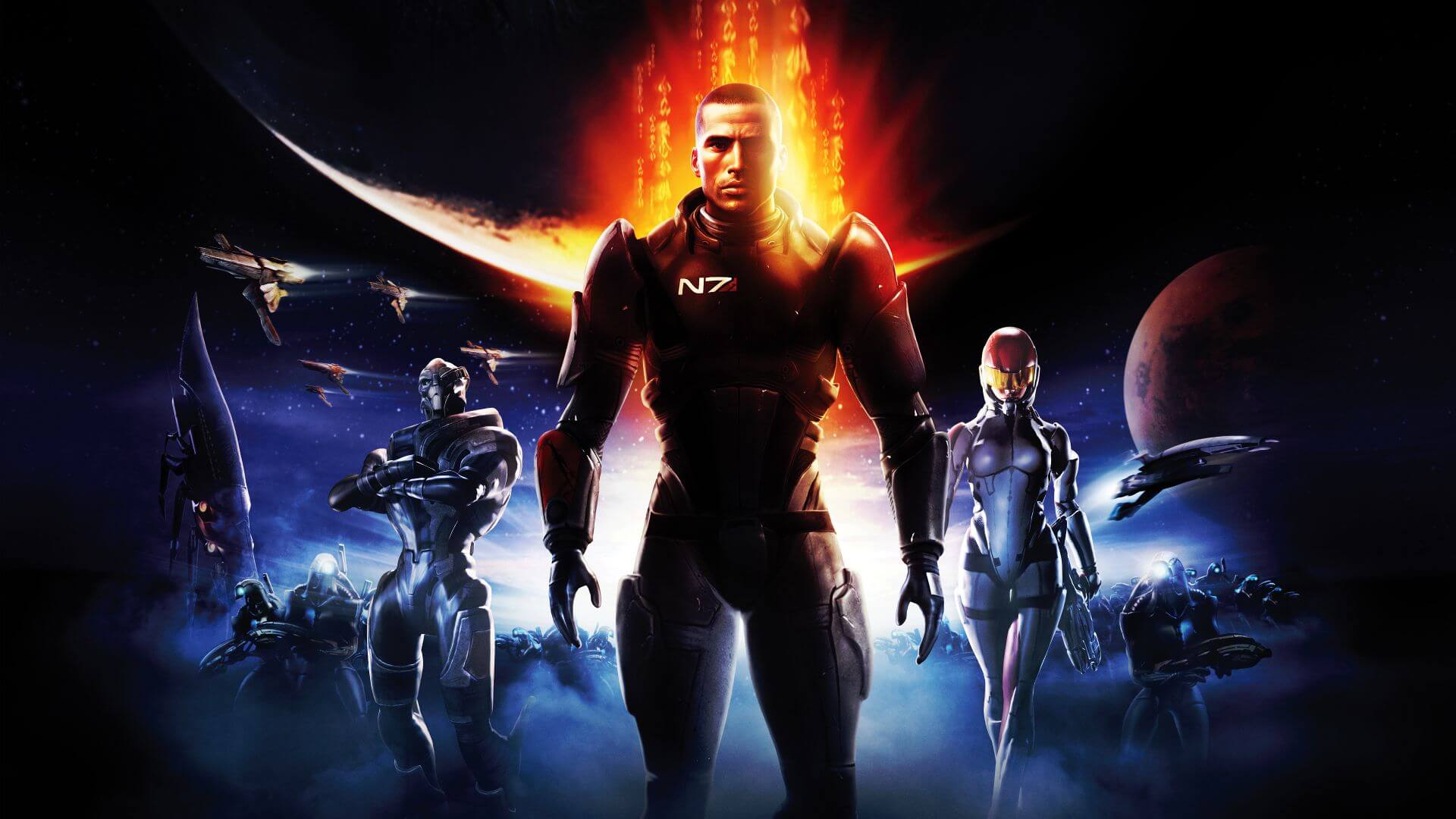Why Mass Effect Legendary Edition was like "remastering people's memories" for BioWare
Mass Effect Legendary Edition: Looking back on the series with Mac Walters and Kevin Meek
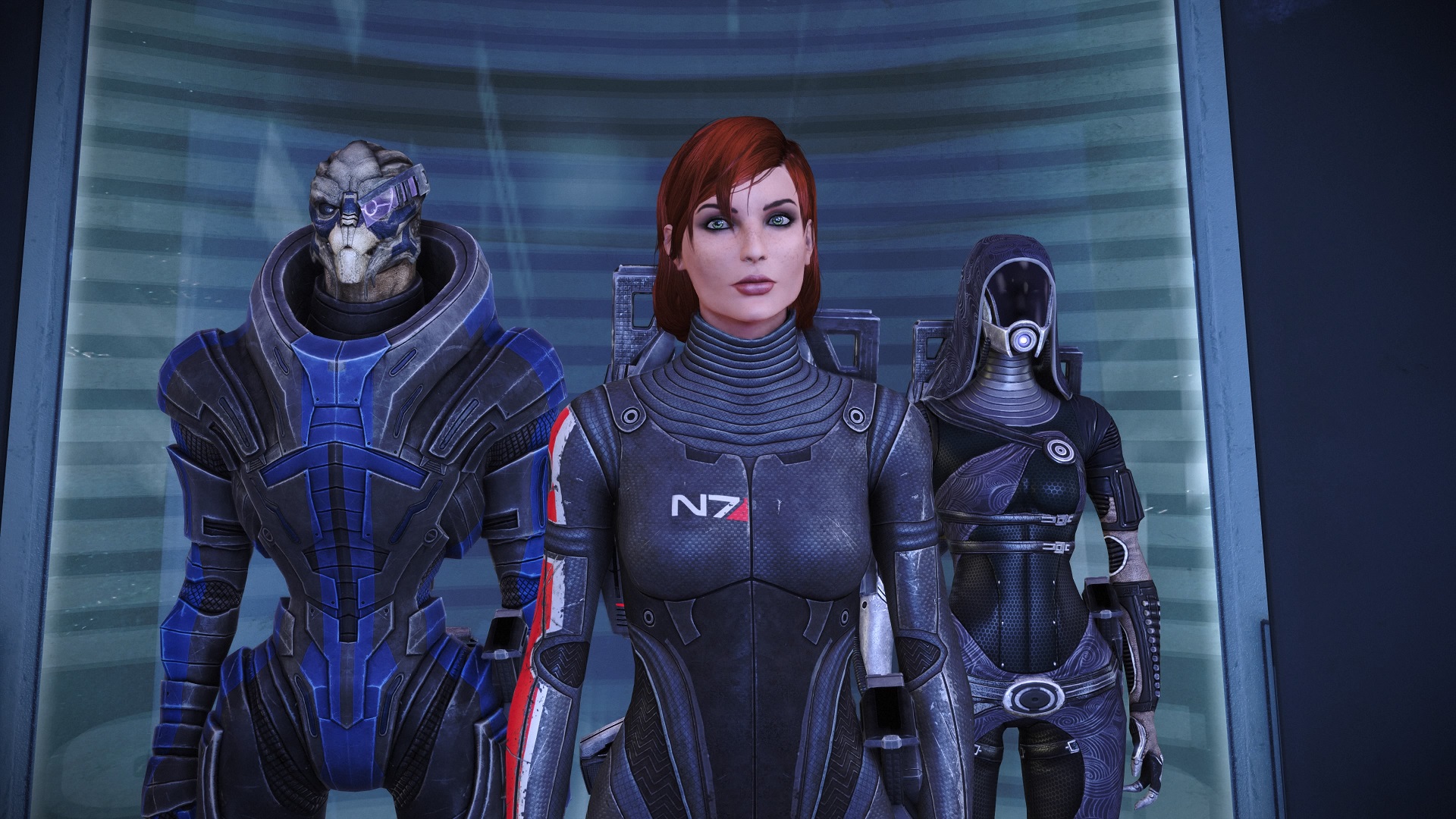
Nostalgia can be a powerful thing. Just as sounds and smells can transport us to different places and times past, the experience of revisiting a virtual world that we once fell in love with can also reawaken something in us. Most recently, I've found this sense of nostalgia from reuniting with Commander Shepard in the Mass Effect Legendary Edition, and I know I'm far from alone in this. The Mass Effect trilogy has come to mean so much to so many over the years, and that's something BioWare was conscious of as it began its remastering process.
"The phrase I use a lot is, it feels like we're remastering people's memories and nostalgia, not just a game. And so you have to be cognizant of that," says Mac Walters, BioWare project director. "You have to really think back to what their memory is of it, versus just looking at individual assets and going, 'Oh, I know a thousand ways we can improve this'. There were some big decisions we made early on. Whether we're staying with Unreal [Engine] 3... if we'd moved to Unreal 4, it would look fantastic, of course, but is it gonna feel like Mass Effect once we made that change? Honestly, every day there was a decision where we're like, 'yeah, we could probably fix this and make it better or change it in some way, but ultimately, are we moving too far away from what the original vision was?'"
Returning to the galaxy
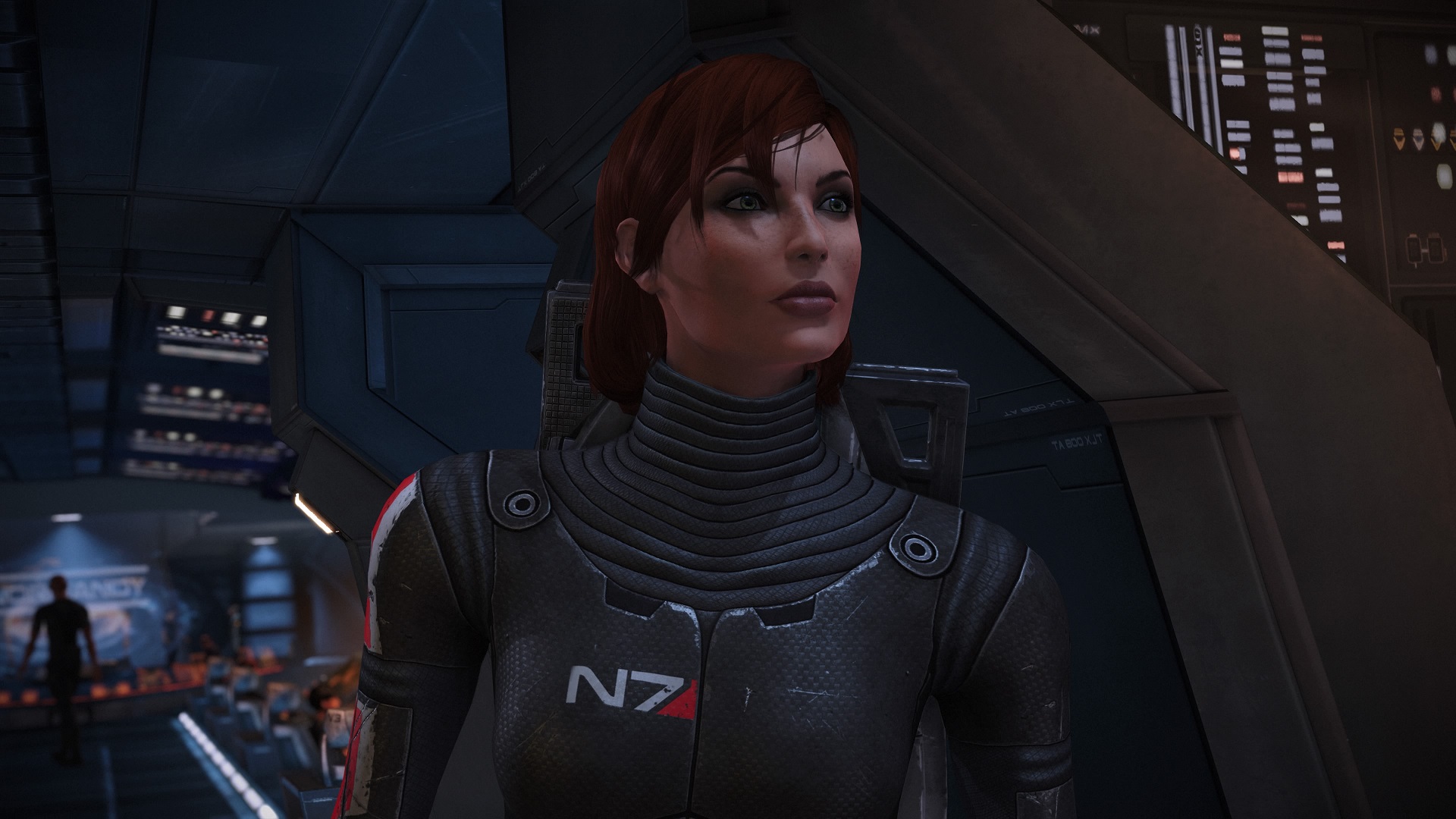
The fact that so many harbor great affection for the trilogy demonstrates how well Mass Effect has held up over the years. The excitement in the lead-up to the release of Legendary Edition also speaks to just how much of an impact it's had on players since the first game released in 2007. With its sense of scope, character development, world-building, and choice, the Legendary Edition is letting us rediscover it all over again, but just what is it that makes Mass Effect stand the test of the time? Walters believes the storytelling is still relevant today, and the personal relationship players can develop with Shepard over the course of three games offers a unique experience that's not often found in games.
"I think a lot of the storytelling that we did is somewhat timeless," says Walters. "You look at some of the conflicts between the Geth and the Quarians and things like that. Obviously, it has very specific lore around it. But you can map that to events today or 15 years ago, or, unfortunately, probably 15 years in the future from now. So those things tend to stay very relevant. And you can map your own personal experiences to it."
"There's so many things [that make it stand the test of time]," Walters continues, "but I think one of the big ones is that you really get to embody the character of Shepard and chart your own course in a way that feels very unique to games, even today… We talk a lot about how players and fans refer to Shepard as my Shepard, right. I can't think of another franchise where people are so possessive of the protagonist that way. And I'm sure I know we set out to do that, but I don't know if we could have imagined that we would have been that successful, that players really could own it as well as they have."
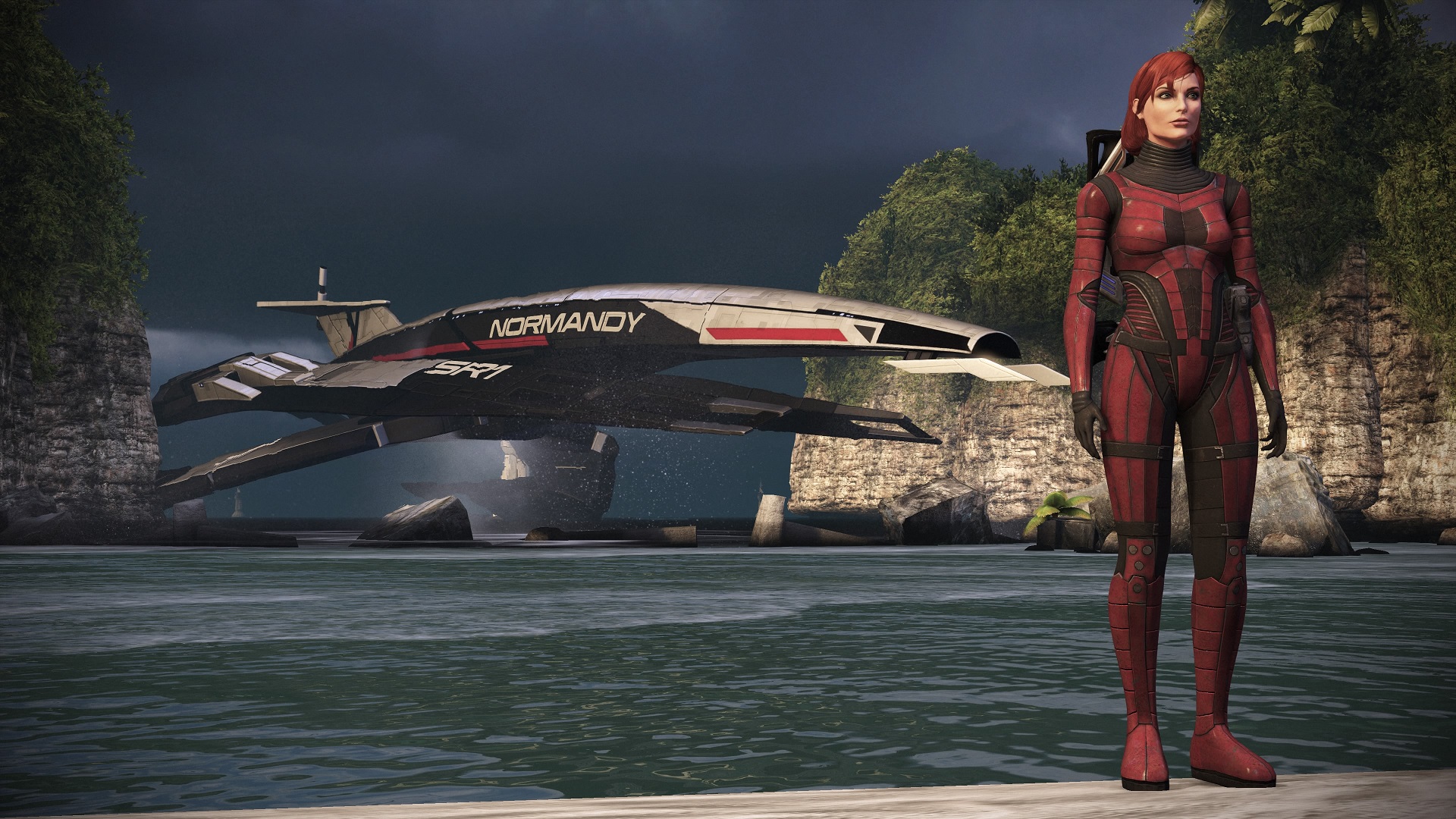
Part of the challenge for Mass Effect Legendary Edition, Walters tells me, was resisting making major changes to the core experience – even if the team felt it could bring a fresh perspective to key moments and scenes. Very early on, BioWare decided that it wouldn't change story elements because of how complicated it is to do, since once "you've tugged on a thread, and all of a sudden something has completely unraveled somewhere else that doesn't make sense." In essence, BioWare was working to "let the story shine a little better than it did" and every decision the studio made for Legendary Edition fed back into that endeavor.
It's not often that you get to go back to work on a project that you worked on almost 15 years ago in so much detail, and for Walters who worked on the original trilogy, it was a dream come true to go back and address some old bugs and features. It's worth remembering that the BioWare of 2007 is very different from the BioWare of 2021, and when they began work on the first game back then, the team was very much figuring things out. "I'm pretty open about this, I really struggle to go back and play any game I've worked on because I tend to only be able to see the bugs," Walters says. "And so being given the opportunity to go back and actually then go back and address those bugs, it's kind of a dream come true."
Sign up to the GamesRadar+ Newsletter
Weekly digests, tales from the communities you love, and more
"So there's a long list of things that I was pretty excited to go back and tackle, especially in Mass Effect 1. We were just figuring everything out as we were going back in the day. I think there was a tendency to make a few more mistakes," he adds, noting that one major course correction was improving the continuity across the trilogy. "One for me, that was top of mind when we went in, was bringing what we call the iconic Fem Shep from Mass Effect 3, and making sure she was available in 1 and 2."
Into the future
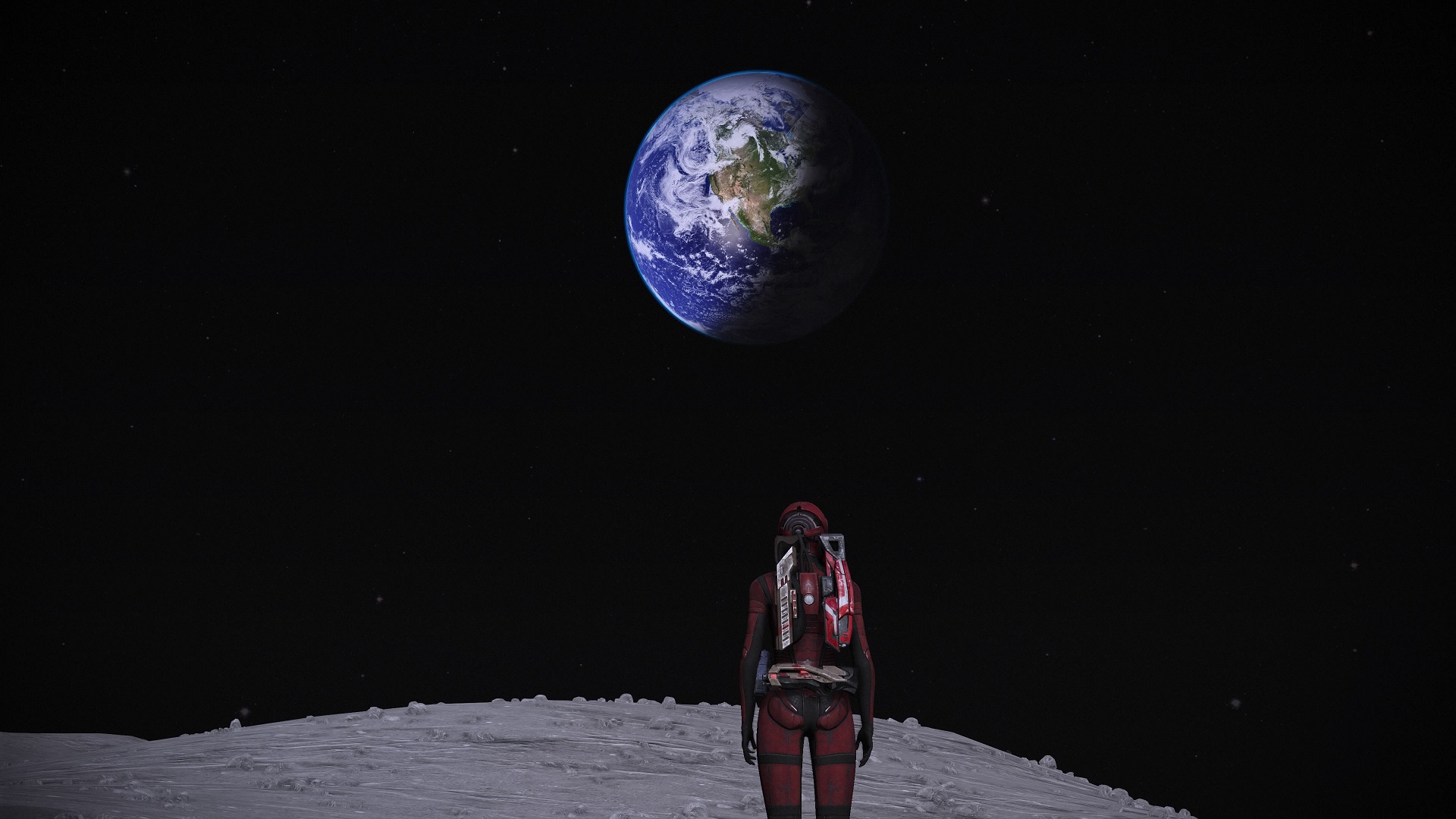
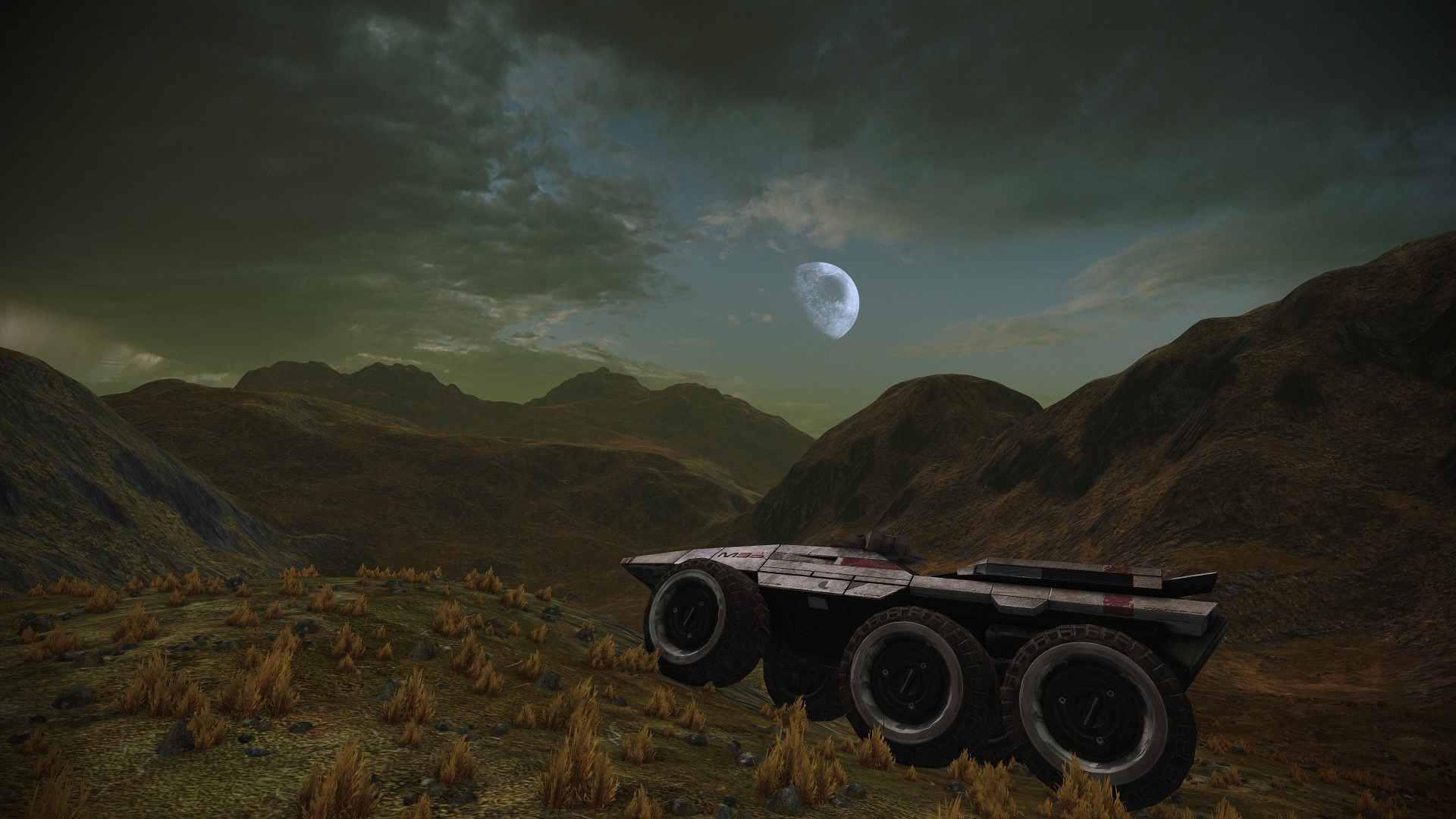
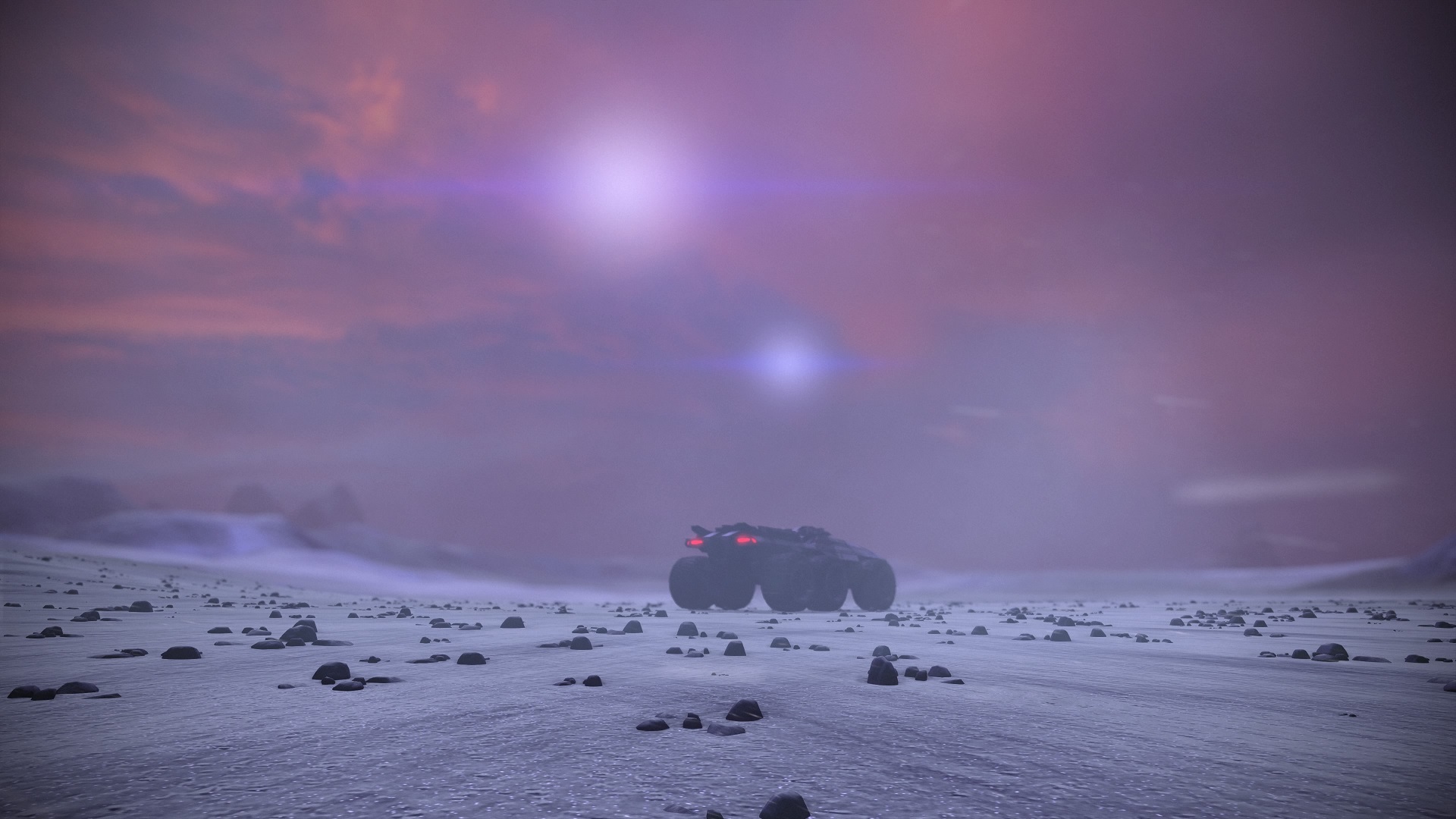
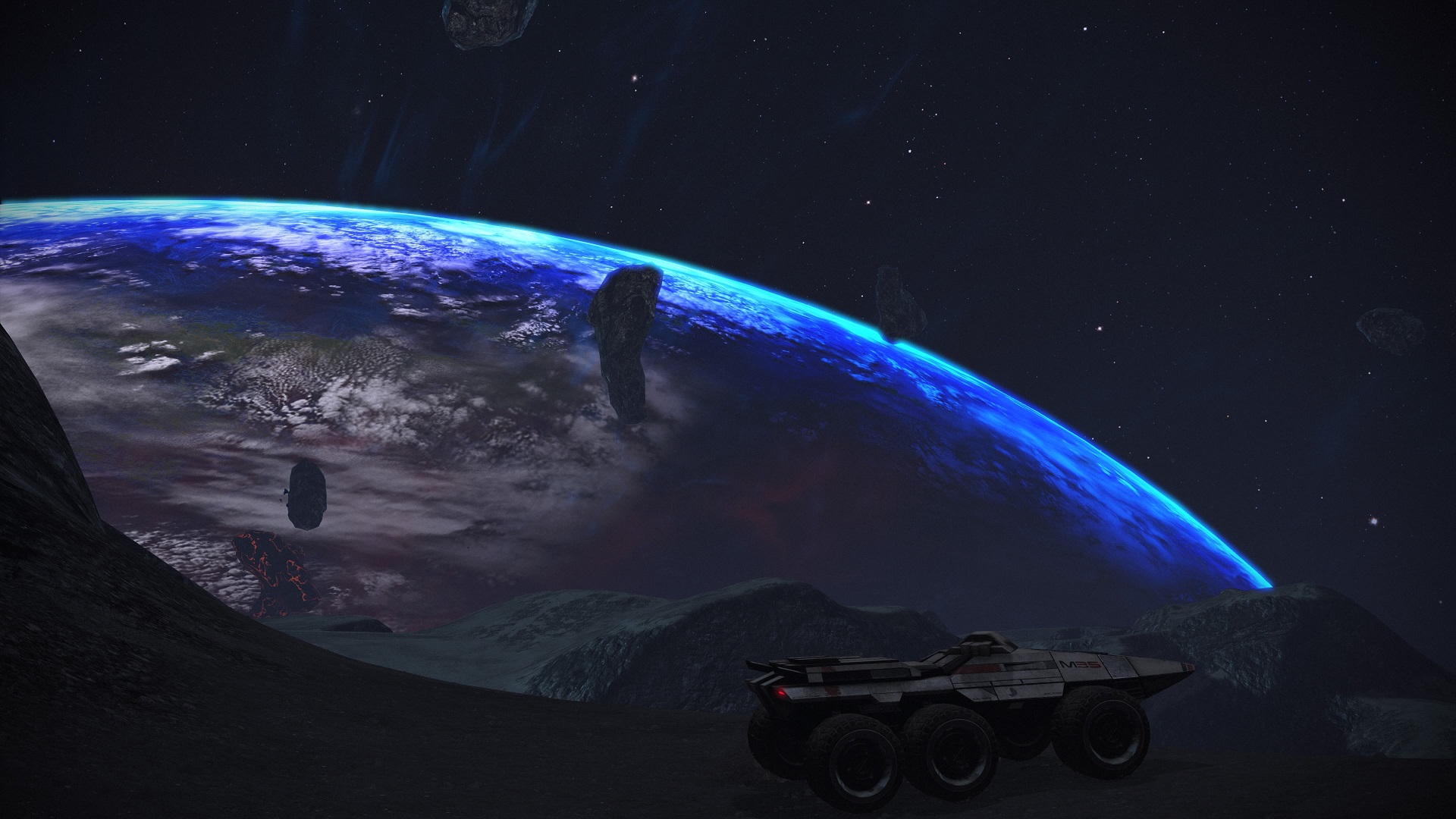
"I think everyone on the team is just really inspired to take that attitude back with them on to their next projects"
Kevin Meek
As well as presenting an opportunity to go back and iron out old bugs and make improvements, the Legendary Edition also gave the team the chance to really step back and reflect on everything BioWare has done to make Mass Effect what it is today. The sense of scale with world-building, choice, and character development is something that Walters has a newfound appreciation for from working on the remaster.
"Like I said, I really struggled to go back and play it again. So it kind of ends up being something you kind of remember, but it's a bit foggy. And going back in playing and really spending time with it again after so many years, the two things that really kind of struck me was there's so much here," says Walters. "When you look at all three games, plus the DLCs, and all the choices. I did a full Renegade playthrough, and I have to admit I found choices and decisions that I had either forgotten about or maybe didn't even know existed. And that was just all still waiting there."
"The other big thing was just how much we were able to accomplish with Mass Effect 1," he continues. "We talk about the gameplay feeling a little janky at times, but we still had all those uncharted worlds out there with a vehicle you could race around. Multiple types of combat, multiple types of enemies for combat in vehicles and on foot, and making all of that work in the first game. I was just like, 'I can't believe we actually pulled that off back in the day'. We must have been crazy. We were a little crazy. But yeah, I was blown away by it. It was very nice and refreshing to go back and experience it that way."
For character and environment director Kevin Meek, spending time immersed in BioWare's past has become a source of inspiration for the future. "We're all coming off of it now, and I think we're all really re-inspired from what they accomplished, especially that step between KOTOR [Star Wars: Knights of the Old Republic] and Mass Effect 1 where you have this dialogue wheel, you have real-time combat, and you're flinging guys up into space and shooting them with concussive shots and they're flying. This crazy stuff with hordes after hordes of enemies in Mass Effect 2, and more characters on screen than you sometimes get in a modern-day game. You look back at that and a lot of that approach to development was just like, 'let's do it, let's just try'. You're not over-seniored and over-experienced to the point where you're trying to avoid all these potential pitfalls, you can tell they're just slamming right into it."
"Sometimes that does come with these moments that you do have to massage out a little bit now because they weren't perfectly smooth and polished moments," Meek adds, "but the fact that they just went into that with this can-do attitude really shows. And now you get this chance, 15 years later, and this is impressive stuff that they're pulling off. I think everyone on the team is just really inspired to take that attitude back with them on to their next projects and go like, 'okay, where can we put that type of energy in there?'"
For Walters, revisiting the world of Mass Effect and bringing the trilogy back for modern-day audiences has served as a reminder of just what it was BioWare achieved with the trilogy and the kind of approach it took to deliver a franchise that still captures the imagination of players over a decade later. "I think what I remembered was how innovative we were in the original and leaning into our strengths as a studio with what we did there," he says. "But I think, kind of what Kevin was talking about, that we were quite bold and adventurous at trying new things. So really maintaining that going forward, and I think that's when we're at our best is when we are pushing the limits ourselves. Like really pushing the boundaries and not letting yourself necessarily – you have to edit yourself somewhat – but don't cut off great opportunities just because you think you know how that's gonna turn out."
Mass Effect Legendary Edition's photo mode captures the beauty of the graphical enhancements.

I started out writing for the games section of a student-run website as an undergrad, and continued to write about games in my free time during retail and temp jobs for a number of years. Eventually, I earned an MA in magazine journalism at Cardiff University, and soon after got my first official role in the industry as a content editor for Stuff magazine. After writing about all things tech and games-related, I then did a brief stint as a freelancer before I landed my role as a staff writer here at GamesRadar+. Now I get to write features, previews, and reviews, and when I'm not doing that, you can usually find me lost in any one of the Dragon Age or Mass Effect games, tucking into another delightful indie, or drinking far too much tea for my own good.
